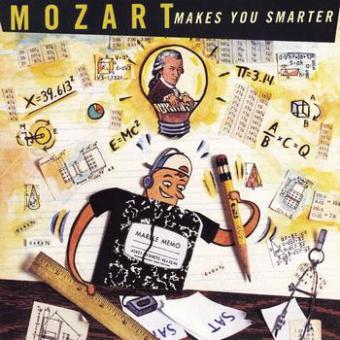
Meanwhile, back at the alma mater, this news item in today’s inbox:

Facebook petition sinks revamped logo
By: Derek Schlickeisen
The College’s roll-out and subsequent retraction of its new logo this summer brought administrators face-to-face with a growing reality – the speed and power of Facebook as an organizing medium among college students.
Armed only with their computers and disdain for the “Middlebury Leaf,” Sarah Franco ’08 and Alex Benepe ’09 brought more than 700 students together in their group “Just Say No to the Middlebury Logo” within days of the College’s announcement of its new graphic identity to accompany a $500 million capital campaign.
“I first learned about the new logo at the end of May,” said Franco. “A friend of my supervisor came by our office, carrying a box with a sign bearing the new logo, and she informed me that that was our new logo.”
While Franco and Benepe’s efforts became united online, their initial impetuses were different.
“I started a Facebook.com group for the sheer purpose of sharing this logo with my Middlebury friends and poking fun at it,” said Franco, adding, “This was purely selfish and not at all altruistic. It wasn’t even my intention to stop the logo.”
Benepe had bigger plans.
“Almost everyone I know is on Facebook,” said Benepe. “It’s also extremely rapid – you can invite 400 people to a group in five minutes. And while it may not have the same weight as a real, tangible group of people, it still has numbers that make a strong argument.”
The short and mostly good-natured fight over the logo pitted Franco, Benepe and their followers against the product of the prestigious New York branding firm Chermayeff & Geismar, creators of the famous NBC “peacock,” as well as logos for universities like Cornell and NYU.
Still think that social media is a passing fad? Well, maybe it is, but if you’re a decision-maker, you’d better be paying attention. Article goes on to quote the college’s Communications veep Mike McKenna:
McKenna said he was surprised by the swift response to the College’s announcement – and by the power of Facebook.
“I was caught off guard by the strong reaction,” he said. “Facebook was invented by some guys who lived down the hall from my son in college, and as a result I have always viewed it as student turf and not used it. But when I learned of the anti-logo group I did finally register.”
Let’s see: The man in charge of “Communications” is only dimly aware of the No. 1 method of communications among the paying customers at his place of employment? Yeah, that sounds like a plan. I’m with the students on this one. The logo is wrong-headed and misbegotten, and deserves a quick trip to oblivion.
Harrumph.










You must be logged in to post a comment.